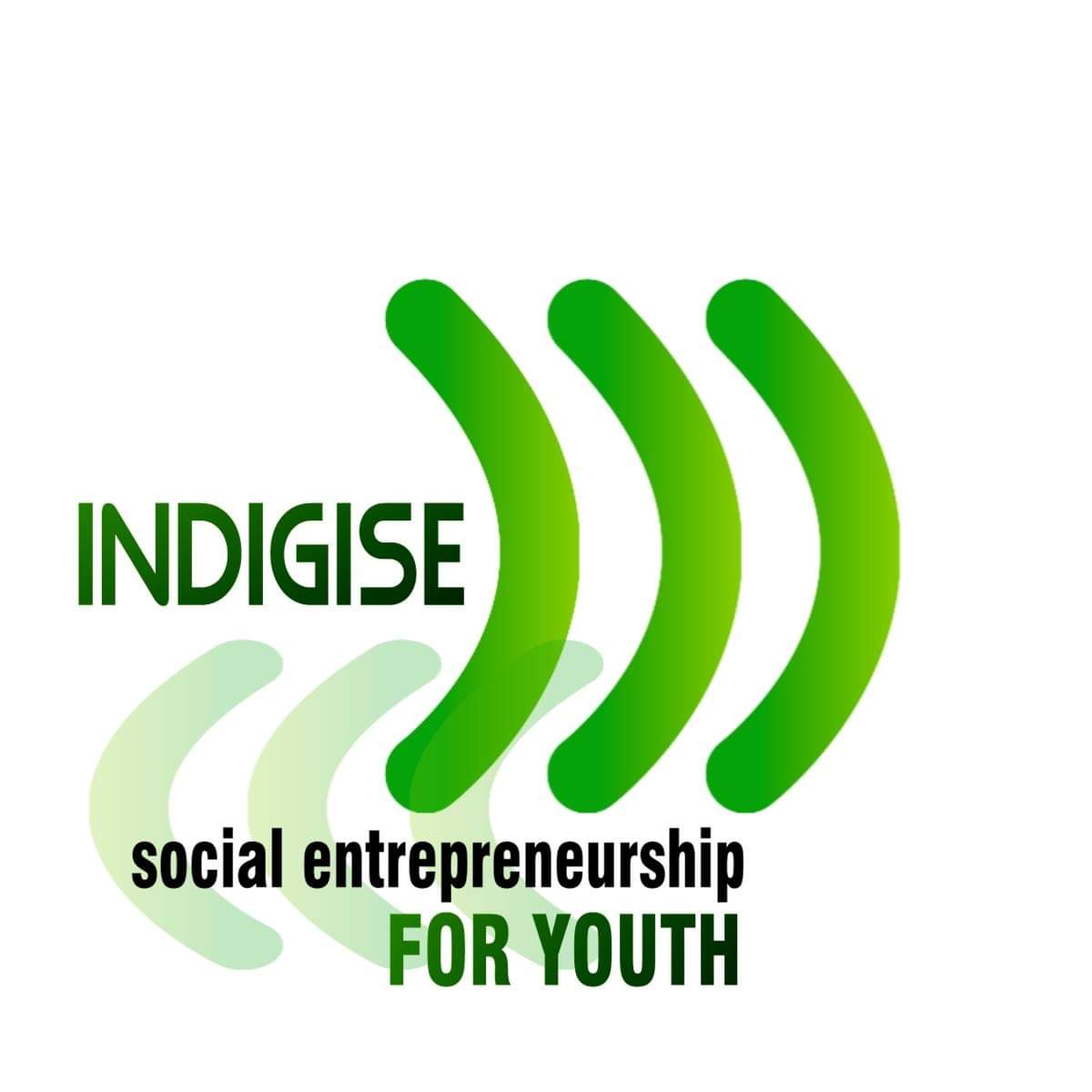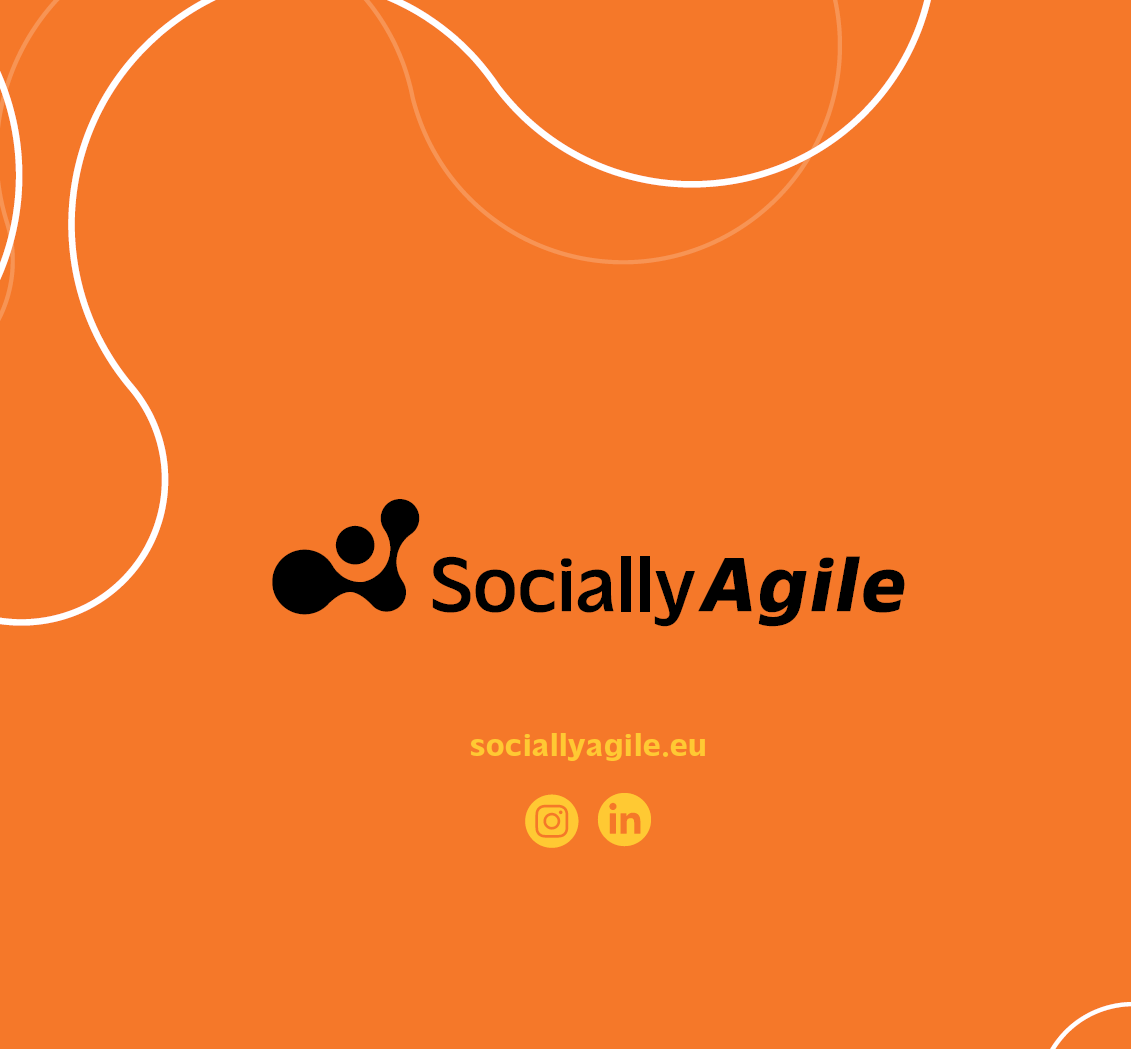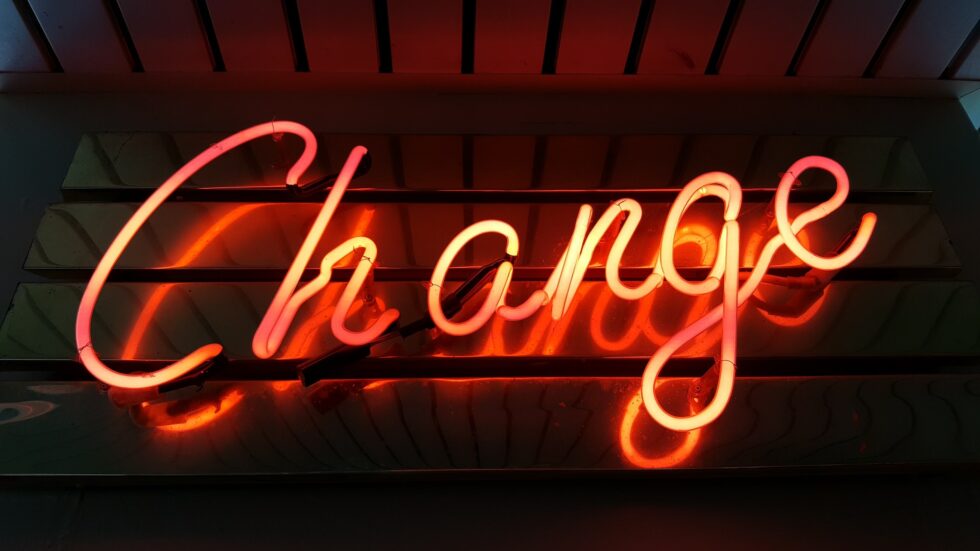We highly recommend reading the article below, which is a part of the Davos Agenda.
“The COVID-19 pandemic has demonstrated that no institution or individual alone can address the economic, environmental, social and technological challenges of our complex, interdependent world. The pandemic itself will not transform the world, but it has accelerated systemic changes that were apparent before its inception. The fault lines that emerged in 2020 now appear as critical crossroads in 2021. The time to rebuild trust and to make crucial choices is fast approaching as the need to reset priorities and the urgency to reform systems grow stronger around the world.
The Davos Agenda is a pioneering mobilization of global leaders to shape the principles, policies and partnerships needed in this challenging new context. It is essential for leaders from all walks of life to work together virtually for a more inclusive, cohesive and sustainable future as soon as possible in 2021. To this end, the World Economic Forum has served for more than 50 years as a trusted platform where leaders from business, government, international organizations, civil society and academia convene to address critical issues at the start of each year.”
Why empowering female social entrepreneurs is key to economic recovery?
- The social entrepreneurship sector has proven itself uniquely capable of empowering women leaders in its field.
- Female entrepreneurs can add substantially to economic growth and poverty reduction.
- To shape a sustainable and inclusive recovery from COVID-19, we need to include the voices of female social entrepreneurs.
Whether it has been New Zealand under Jacinda Ardern or Germany under Angela Merkel, studies have shown that female-led countries have performed better in handling the COVID-19 pandemic.
Yet, according to the World Economic Forum’s Gender Gap Report report, it will take 95 years to close the gender gap in political representation. Progress in economic participation and opportunity has regressed, with the deteriorating situation forcing gender parity to a lowly 57.8%, which in terms of time represents a massive 257 years before gender parity can be achieved.
It’s also a well-documented fact that the COVID-19 pandemic has hit women harder. Women have been affected not only because of the disease itself, but because they work in jobs that are less secure. Furthermore, women-owned businesses have particularly suffered – in Canada alone, 40.6% of women-owned businesses have had to lay off their employees. The situation for racialized, indigenous, newcomer, and disabled women is even worse.
2020 has shown us both the disproportionate burden of inequality on girls and women, as well as the exceptional leadership of many incredible women around the world.
Social entrepreneurship empowers women leaders
Women in social entrepreneurship often disrupt many of these patterns of gender inequality. The social entrepreneurship sector has proven itself uniquely capable of empowering women leaders in its field, and of changing the lives and welfare of all women.
Women social entrepreneurs have, time and time again, made a deep impact in their work through a form of impact called “scaling deep” – overhauling unfair and unjust systems, sparking collaborative social movements, and reshaping dominant expectations, norms, and stigmas. Ashoka’s Women’s Initiative for Social Entrepreneurship is currently working to change the innovation ecosystem to better recognize and support scaling deep impact and the women leading it.
Ashoka’s 2018 Global Impact Study found that its female Fellows work within systems and are more likely to spread their idea locally, inspiring replication by other groups or institutions within their country of residency.
Female Fellows were also found to be more collaborative, working closely with other citizen-sector organizations, supporting other women and young people around them, and empowering their own teams. They also reflected a higher tendency to impact behaviours and mindsets: 76% of female Fellows reported influencing societal attitudes and cultural norms as core to their strategy, compared with a lower percentage of males.
The World Bank highlights how through such work and leadership styles, female entrepreneurs can add substantially to economic growth and poverty reduction.
“A man who heads a nonprofit is considered heroic or enlightened, whereas I’ve been patronised numerous times as the charity worker.”
—Kristine Pearson, Founder and Chief Executive Officer of Lifeline Energy
Read the full article here: https://www.weforum.org/agenda/2021/01/why-empowering-female-social-entrepreneurs-is-key-to-economic-recovery/


This publication has been prepared within INDIGISE project. The content of this publication is the sole responsibility of the project coordinator and may not always reflect the views of the European Commission or the National Agency.















Leave A Comment